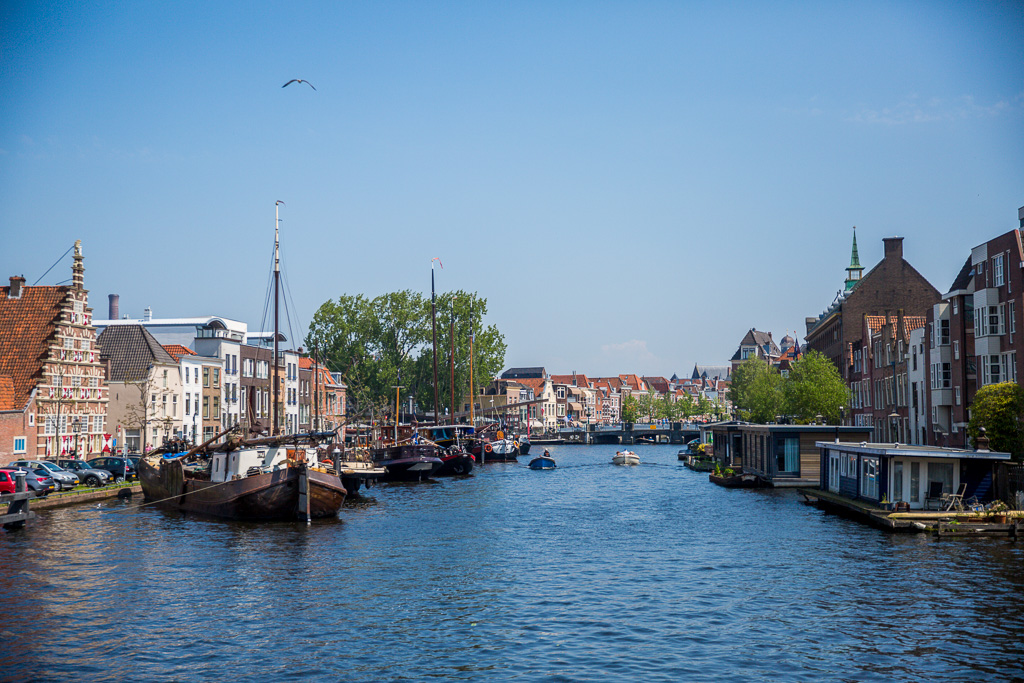
History of Architecture and Urbanism
Master

The Master's track History of Architecture and Urbanism explores the evolution of cities, villages, and landscape design in Europe within the continuously changing global environment.
Cities, neighbourhoods, buildings, parks, and cultural landscapes define the setting of our everyday life. No other human-made artifacts document the evolution of social relations, economic trends, technological innovations, philosophical views on humans and nature, politics, society, and culture more eloquently than architecture and urbanism. Our built heritage connects us to our past and helps us to position ourselves in the world around us. It helps us envision our future. Moreover, the impact of cities and buildings on health is self-evident – urban planners gave us our water management systems, and architects designed functional public housing and healthcare buildings. They are fascinating works of architecture that impact people’s mental and physical health, happiness, and well-being.
This Master's track provides students with a rich and varied introduction to the history and theory of architecture and urban planning, cultural heritage, and healthy cities. It offers our students a progressive approach to architectural and urban history and theory, fit for our transforming times. Some of the courses we offer are affiliated with the Expertise Center Architecture, Urbanism and Health a
Ready to apply?
Visit course websiteLanguage
English
Title
Master of Arts
Duration
1 year
ECTS credits
ECTS
The European Credit Transfer and Accumulation System (ECTS) is a student-centred system based on the student workload required to achieve the objectives of a programme of study. Its aim is to facilitate the recognition of study periods undertaken by mobile students through the transfer of credits. The ECTS is based on the principle that 60 credits are equivalent to the workload of full-time student during one academic year.
Accreditation
Tuition fee 2025/2026
EU/EEA
The EU/EEA rate is the regular fee for students from within the EU/EEA.
€ 2,601
Non-EU/EEA
The non-EU/EEA rate is the rate for students from outside the EU/EEA.
€ 19,200
Institutional
The institutional rate is for all students who have already obtained a bachelor’s or master’s degree and who want to start a second programme leading to a degree at the same level or at a lower level.
€ 16,300
Admission
Admission URL
Application requirements
Information not availableCheck when you can start and what you have to pay!
| Tuition fees | |
|---|---|
| € 2,601 | |
| € 19,200 | |
| € 16,300 |
| Tuition fees | |
|---|---|
| € 2,695 | |
| Information not available | |
| Information not available |
| Start date | App. deadline EU/EEA | App. deadline Non-EU/EEA |
|---|---|---|
| 1 Sep '26 | 15 Aug '26 | 1 May '26 |
| 1 Sep '27 | 15 Aug '27 | 1 May '27 |
Contact
Main addressBroerstraat 5
9712 PC Groningen
050-3638100
Ready to apply?
Visit course website
